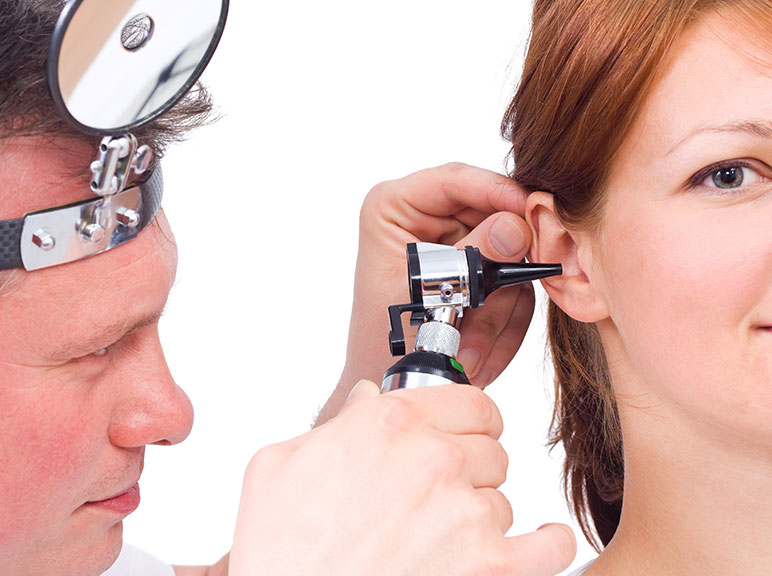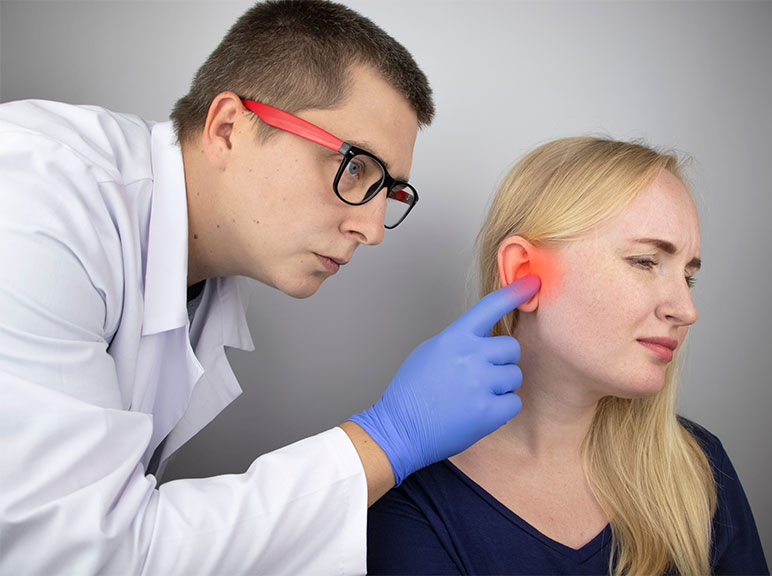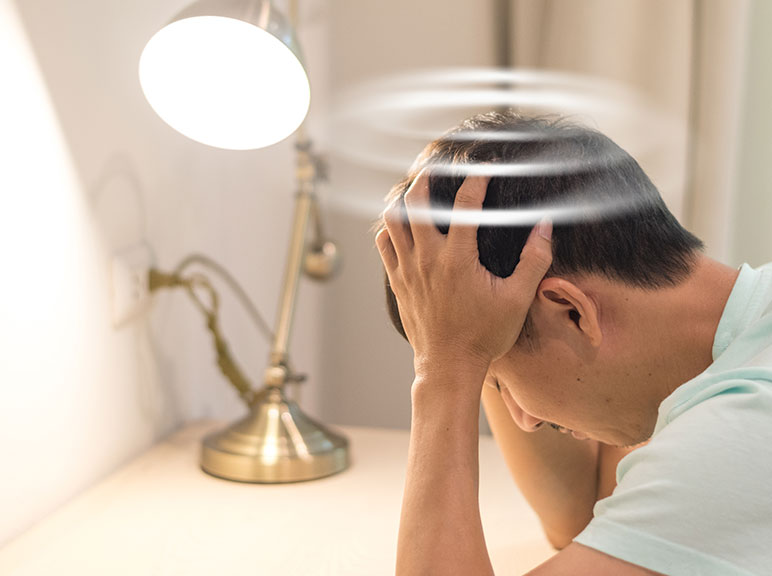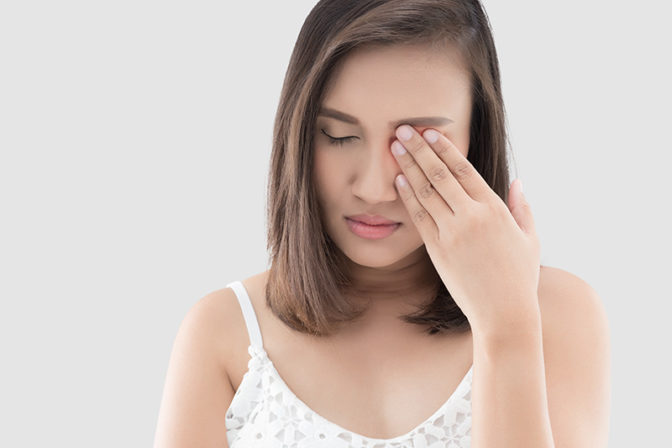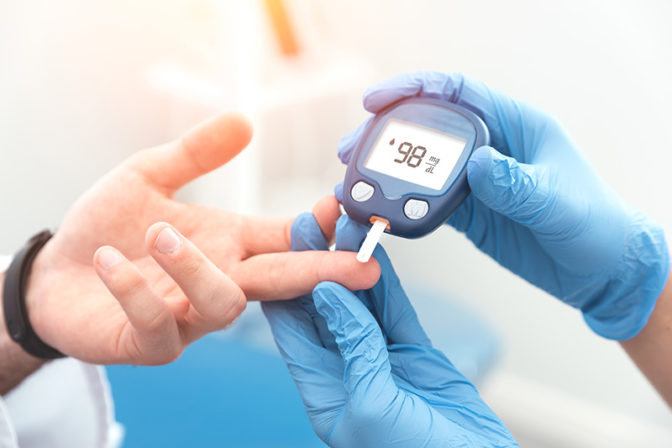Ear Inflammation/Infection
Infections of the ear
Ear infections are widespread, especially in children. Visiting a GP for an ear infection is not always required as they often get better on their own within three days.
How to know it is an ear infection
Symptoms of an ear infection usually begin quickly and include:
- Pain inside the ear
- High temperatures of 38C or above
- feeling sick
- Lack of energy
- Difficult hearing
- Discharge from the ear
- fullness or pressure in the ear
- Irritation and itching in and around your ear
- Scaly skin inside and around the ear
Young children and children with an ear infection may also have:
- Rub or pull the ear
- Don’t react to some sounds
- Be irritable or restless;
- Not eat their food
- Keep losing balance
Most ear infections will clear up within three days, although symptoms may sometimes last up to a week.
An ear examination may be conducted:
- As part of a routine physical exam
- Screening babies and children for hearing loss
- To determine the root cause of symptoms such as pain in the ear, feeling of pressure or fullness inside the ear, or hearing loss.
- To check for an object in the ear canal or excess wax build-up.
- Find the location of an ear infection. The infection may only be in the outer ear canal (otitis externa). Or maybe it’s in the middle ear behind the ear (otitis media).
- See how treatment for an ear problem works.
How to treat your ear infection
To help relieve any pain and discomfort caused by an ear infection:
- Have painkillers such as paracetamol or ibuprofen (children under the age of 16 should not take aspirin)
- Place a warm or cold flannel on your ear.
- Remove any discharge by wiping your ear with cotton wool.
- Don’t put anything inside the ear to remove earwax, such as cotton buds or your finger
- Don’t let the water or the shampoo get in your ear
- Do not use decongestants or antihistamines as there is no evidence to help with ear infections.
Our GP will help with an ear infection.
Talk to our GP doctors if you think you have an external ear infection. They may recommend acidic ear drops to help stop the spread of bacteria or fungi.
See our GP if you or your child has the following:
- Very high temperature or feeling shivery and hot
- Earache that doesn’t begin to get better after three days.
- Swelling around your ear
- Fluid coming from your ear
- Hearing loss or change of hearing
- Other symptoms, such as sickness, severe sore throat, or dizziness
- Regular ear infection
- Long-term medical problems such as diabetes or heart problems, lung disorder, kidney disorder or neurology
- A weakened immune system, for example, due to chemotherapy
What happens at your appointment?
Our GP will often use a small light (otoscope) to look in the ear. Some otoscopes are blowing a little puff of air into the ear. This checks on blockages, which could be a sign of infection.
Treatment
Our GP may prescribe medication for your ear infection, depending on what caused it.
Infections inside your ear
Antibiotics are not usually given because infections in the ear usually clear up on their own, and antibiotics make a little difference to symptoms, including pain.
Antibiotics may be prescribed if
The ear infection does not begin to get better after three days. You or your child have any fluid coming out of your ear. You or your child have a disease which has some risk of complications, such as cystic fibrosis. They may also be prescribed if the child is less than two years of age and has an infection in both ears.
The GP may prescribe:
- Antibiotic ear drops for the treatment of bacterial infection
- Steroid ear drops-to reduce swelling
- Antifungal ear drops – for a fungal infection
- Antibiotic tablets – if the bacterial infection is serious
- If you have a spot or a boil in your ear, your GP may pierce it with a needle to drain your pus.
- Ear drops may not work if they are not used correctly.
Preventing ear infection
You cannot always prevent ear infections, especially inner ear infections caused by colds and flu.
To help prevent inner ear infections:
- Make sure that your kid is up to date with vaccinations.
- Keep your child away from the smoking environment. Children who are around tobacco smoke are prone to ear infections. Even the fumes from cigarette smoke on your clothes and hair can affect them.
- Avoid giving your child a dummy after six months of age.
- Encourage handwashing.
- Breastfeed your baby.
- Make sure your baby does not go to sleep while sucking on a bottle.
- Try to limit the use of group childcare.
To help prevent external ear infections:
- Don’t stick your cotton wool buds or fingers in your ears
- Use earplugs or a swim hat over your ears when you swim.
- Try to avoid water or shampoo in your ears when you have a shower or a bath.
- Treat the conditions that affect your ears, such as eczema or hearing aid allergy.


